ESPN’s Legendary Broadcaster and current Boxing Trainer Theodore A. “Teddy” Atlas Junior’s Teddy calling to the Hall of Fame has arrived.
Teddy Atlas was born on July 29, 1956 and at age 63, he is going as strong as ever. Atlas’s energy and passion for life, family, people and boxing is stronger then ever.
Atlas is not only one of the best boxing broadcasters of all time, he might be the best boxing analyst on the planet as well.
This is what ESPN senior writer & fellow family ESPN member Dan Rafael wrote about The Teddy Atlas’s Hall of Fame induction weekend:
Teddy Atlas has had two distinct careers in a life spent in boxing.
He is a successful trainer, having served as an apprentice to the late, great Cus D’Amato before working with numerous top boxers, including his crowning moment when he guided Michael Moorer to the heavyweight championship in his upset of Evander Holyfield in 1994.
Atlas also trained Mike Tyson as an amateur, as well as top professionals such as Wilfred Benitez, Shannon Briggs, Simon Brown, Joey Gamache, Donny Lalonde, Barry McGuigan, Tracy Patterson and Timothy Bradley Jr. Currently, Atlas trains light heavyweight world champion Oleksandr Gvozdyk.
Atlas’ other career in boxing has been as a popular broadcaster who brings passion and honesty to the mic along with a knack for explaining the nuances of the action to viewers. He honed those skills as a ringside analyst on ESPN, primarily on Friday Night Fights, which ran from 1998 to 2015. Atlas is still with the network and seen often on SportsCenter for big-fight coverage. He also called four Olympic boxing tournaments for NBC — in 2000, 2004, 2008 and 2012.
Both as a trainer and broadcaster, Atlas has worked at all-star level for decades, but on Sunday, it’s his broadcasting career that will be honored when he is inducted into the International Boxing Hall of Fame in the observer category on the 30th annual induction weekend at the Canastota, New York, shrine.
“It means that I’m getting old and I’ve been in this business for a long time,” said Atlas, who began training fighters at age 19.
This year’s Hall of Fame class includes former welterweight and junior middleweight world champion Donald Curry, former junior middleweight and middleweight titleholder Julian Jackson and James “Buddy” McGirt — who won world titles at junior welterweight and welterweight — in the modern boxer category; former welterweight world champion Tony DeMarco in the old-timer category; legendary Top Rank publicist Lee Samuels, promoter and matchmaker Don Elbaum and Canadian judge and referee Guy Jutras in the non-participant category; and the late Puerto Rican journalist Mario Rivera Martino, who was also elected in the observer category.
Atlas, 62, of Staten Island, New York, said he plans to enjoy the weekend in Canastota with his family — wife Elaine, son Teddy III, daughter Nicole and two grandsons. It will be a chance to celebrate, as he wasn’t initially able to fully enjoy the phone call from Hall of Fame executive director Ed Brophy informing him of his election in November. Atlas was in the final stretch of training camp with Gvozdyk, who would go on to knock out Adonis Stevenson to win the light heavyweight title on Dec. 1.
“I couldn’t have the reaction he probably expected me to have because my concern was just about the fight,” Atlas said. “So the timing was one of those things where you appreciate it, you’re grateful, you’re honored, you’re humbled. But I can’t think about this until the fight is over. I have this commitment, this responsibility. It was the only thing I’m thinking about. I told my family and they were happy, but the thing I was concentrated on was we have to win this fight.”
Even after Gvozdyk won by 11th-round knockout in his first fight with Atlas as his trainer, Atlas couldn’t enjoy his election because Stevenson had suffered a brain injury in the fight and was in a coma (which he survived).
“I couldn’t celebrate the win like I wanted to and I couldn’t go crazy about the Hall of Fame because Stevenson was in the hospital. It was one of those things where we were grateful and happy as a family and I was appreciative, but at the same time I was thinking, ‘Let this guy get out of the coma,'” Atlas said.
That Atlas is being inducted for his work as a broadcaster rather than as a trainer came as a bit of surprise to him, but he’s not complaining. He’s going to the Hall of Fame.
“A lot of people thought I’d be going in as a trainer and have commented as such, but I always say to my fighters we have to control what we can control. That’s what I say here,” he said. “That’s their call, the people who run the Hall of Fame. Obviously, that’s their perspective. I appreciate that they think of me this much as a broadcaster to put me in the Hall of Fame. I appreciate it, but I wouldn’t be a broadcaster if I wasn’t a trainer. And that will be part of my speech.”
Atlas, the 2001 winner of the Sam Taub Award for excellence in broadcast journalism from the Boxing Writers Association of America, is now ready to celebrate his induction. He also plans to thank those who helped him achieve a legendary career in the sport, namely D’Amato and his father, the late Dr. Theodore Atlas Sr.
Atlas was a troubled teen before his friend, Kevin Rooney — another D’Amato protégé, who trained Tyson as a pro after D’Amato died in 1985 — introduced Atlas to D’Amato and changed his life.
“I got in trouble as a young kid. I was a stupid kid, a wayward kid, and a friend of mine was a fighter,” Atlas said. “He had the opportunity to turn pro and to train with this legendary man, who was kind of in seclusion, and his name was Cus D’Amato up in Catskill, New York. My friend’s name was Kevin Rooney. Kevin came to me and said, ‘Come up to Catskill while you’re having these problems fighting in the street and other stupid stuff.’ He told Cus he had a friend who was a tough kid and blah, blah, blah. He’s having some problems. I went up there and Cus took a liking to me. He thought I could be a good pro fighter, but he said I could be a trainer and he sold me on it. I didn’t want to do it at first. If I can’t fight, I’m not becoming a trainer.
“He said when you train somebody, a part of you is in the ring with them. He said you can have success with that. And he said there’s a great gift in teaching. So I was a trainer.”
D’Amato took Atlas into his Catskill home and gym and taught him the ins and outs of training. Atlas had won the 1976 Adirondack Golden Gloves lightweight title and entertained thoughts of going pro, but back problems ended that dream. D’Amato convinced him to train fighters instead, assuring him that he had what it took.
For seven years — and for no pay — Atlas worked as a D’Amato assistant, training professionals in the morning and amateurs at night.
“Cus would remind me if you’re going to a top college you pay tuition and he’d say, ‘Well, you’re getting free tuition,'” Atlas said.
The inference was that being in the gym with D’Amato was like going to college for boxing training, even though there was tuition in the form of the $50 a week Atlas’ father paid D’Amato for his son’s room and board.
“I hoped it would lead to something,” Atlas said of the many years he worked for free. “When Cus would have to keep me motivated, he would say, ‘You’re a born teacher.’ And he would say it over and over. He would call me ‘The Young Master.’ A little silly, but I think he meant it. He needed to keep me motivated. He would say there are a lot of people with knowledge but not all have the ability to transfer it to somebody else in a teachable way. I developed those skills as a trainer and was able to apply them to television and the audience.”
Being inducted into the Hall of Fame means he will join D’Amato, who was inducted in 1995. How does he feel about being immortalized alongside his mentor?
“I say thank you. I guess you were right. I guess you’re evaluation was semi-good,” Atlas said of D’Amato. “I would say thanks, Cus, your judgment was pretty good and you got me in the right place and thank you.”
But as critical as D’Amato was in Atlas’ path to the Hall of Fame, Atlas said he’d be nowhere without the support of his late father.
“As much as what it means to me, and as much as I appreciate the people who have helped me, like Cus, it’s my father who allowed me to do this,” he said. “During those years when I was having some trouble, he allowed me to go to Catskill. He paid $50 a week — and I didn’t have $50 a week — toward room and board at Cus’ house. Cus made me pay, I guess, until I showed my worth as a trainer. That went on for a few years, but up until then, if it wasn’t for my father, I wouldn’t have been up there.
“I always felt bad that I didn’t have anything to show my father. He died just before [Moorer] won the title from Holyfield. I wanted to show him what [the years in Catskills] led to. So I always wanted to show him what it led to and say thanks, because usually when a father pays tuition, there’s a graduation.”
Now, all these decades later, Atlas said Sunday’s induction will be like the graduation he always wanted his father to see.
“I hope my dad can be looking down,” Atlas said, “and say, ‘Yeah, he got there.'”
Article & content courtesy of Dan Rafael & ESPN
Congratulations Teddy Atlas on becoming the newest member of the International Boxing Hall of Fame.

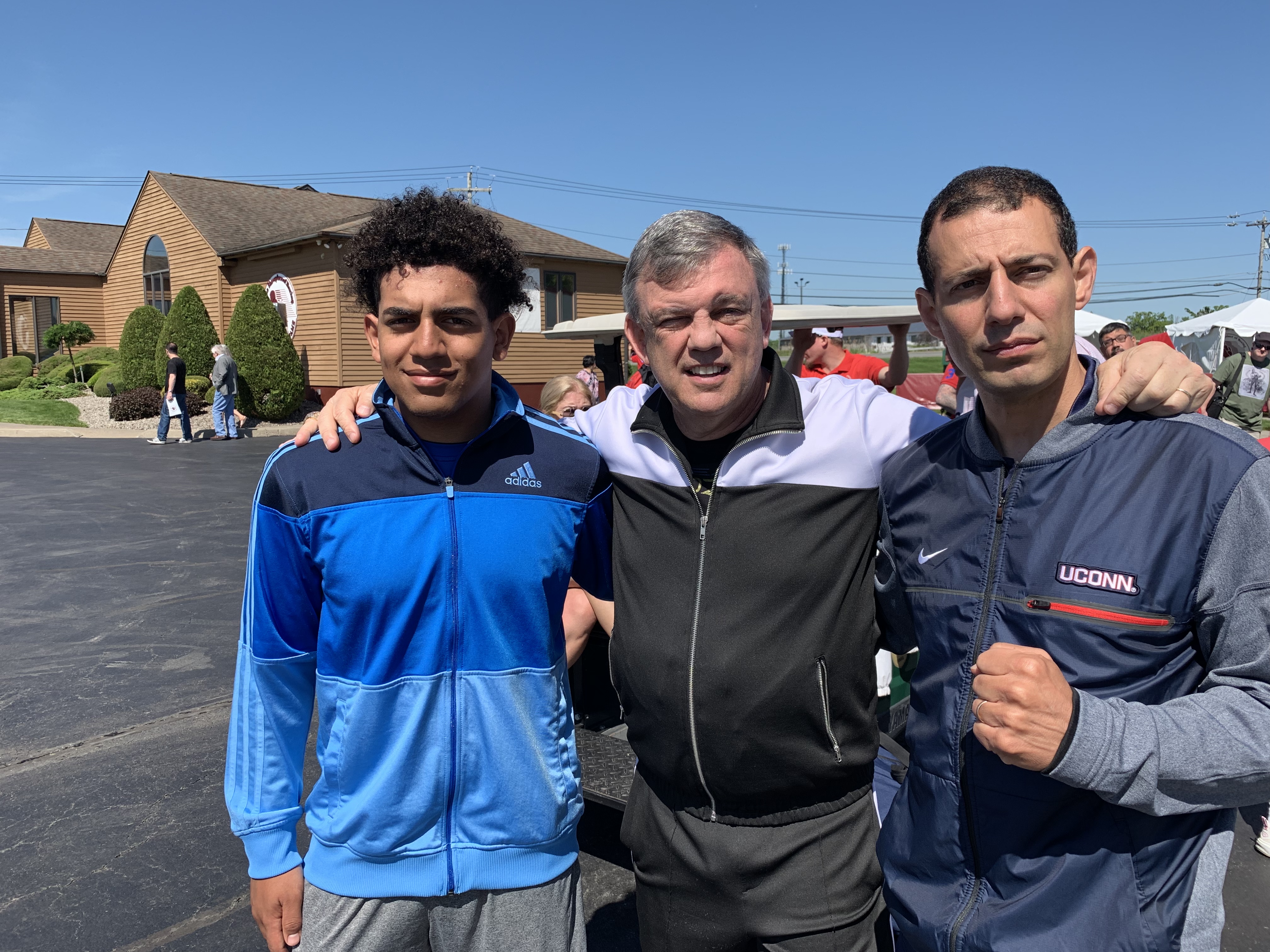
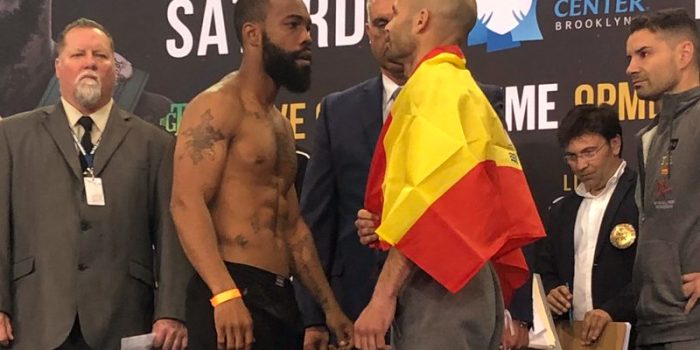
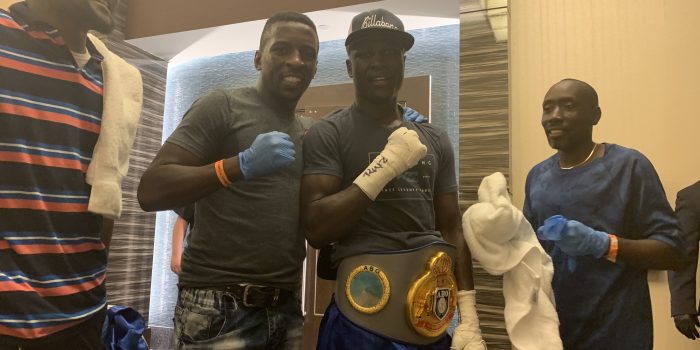
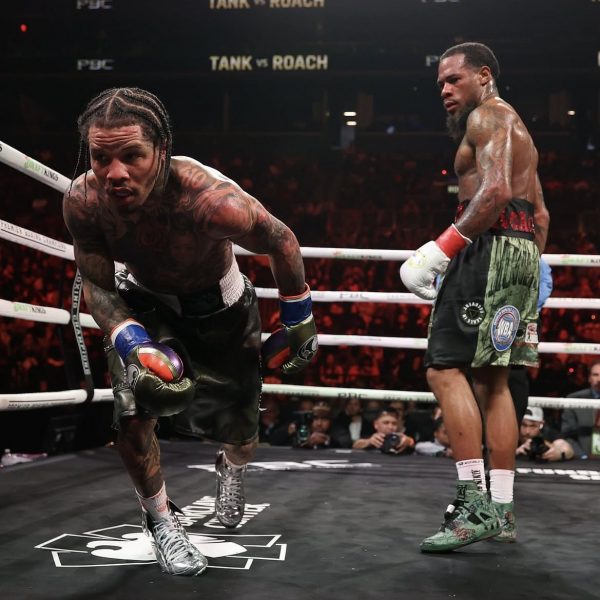
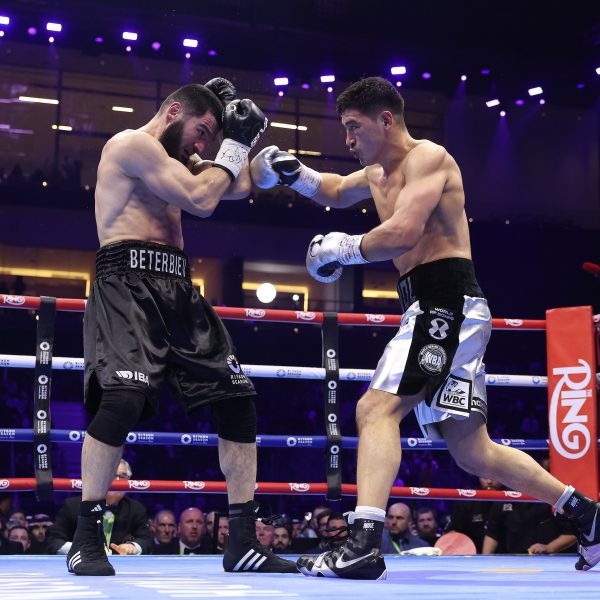
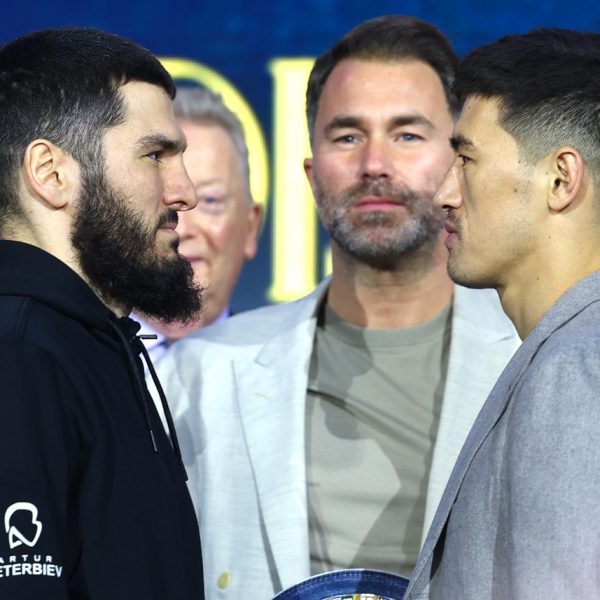
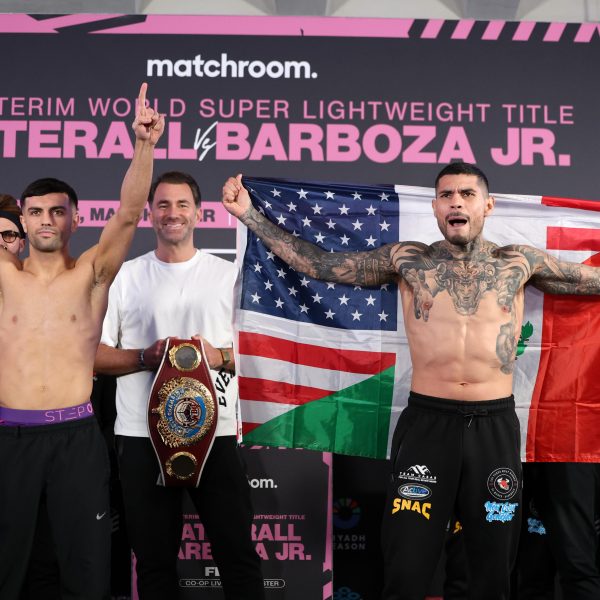
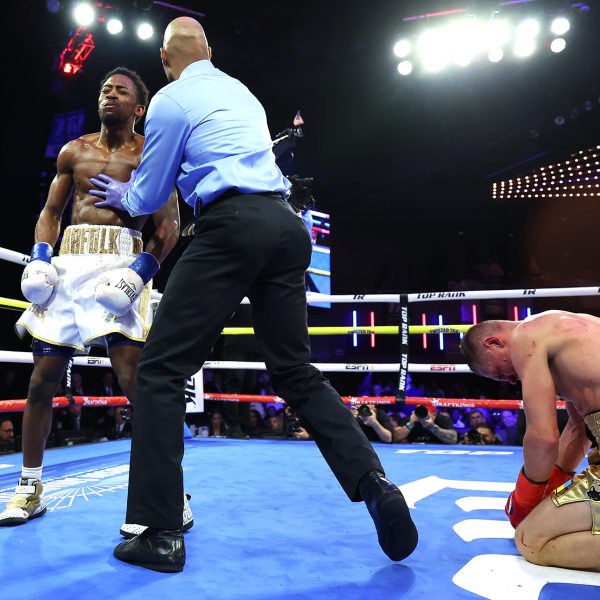
Recent Comments